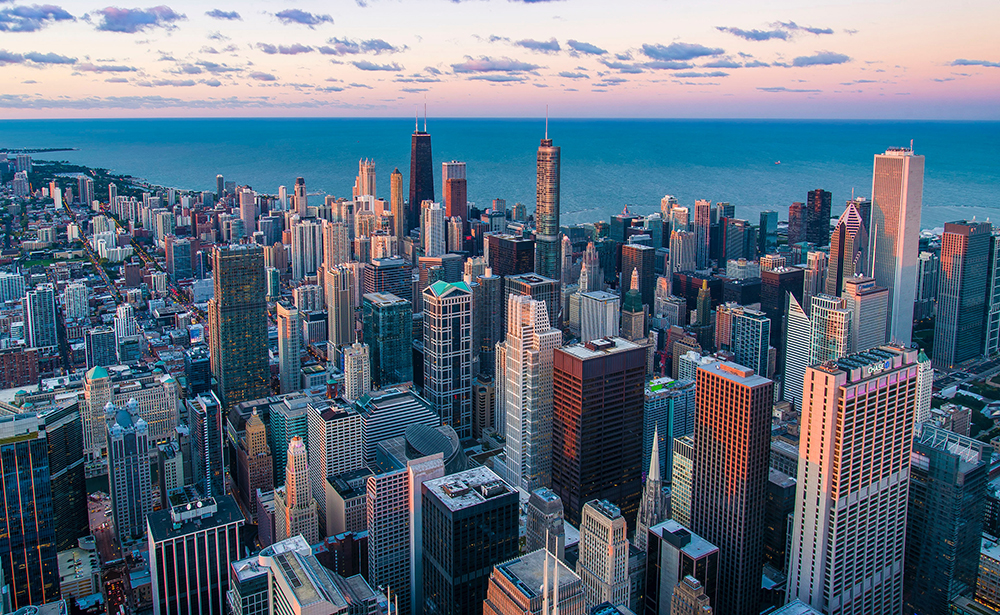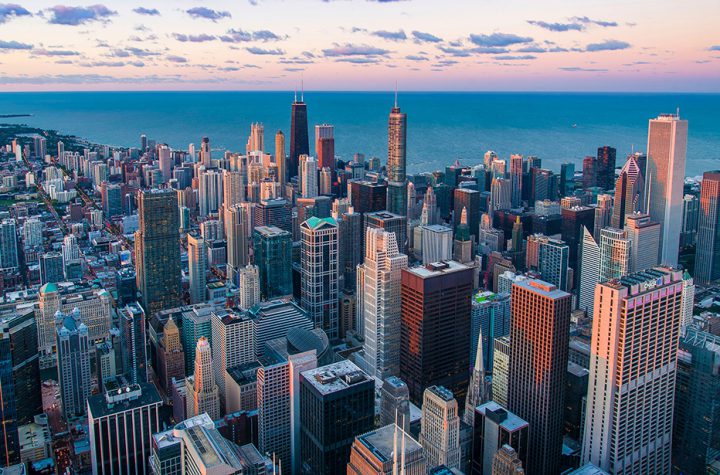
From today, people in England have been told they “must not meet socially in groups of more than six.”
It is a new policy described by Prime Minister Boris Johnson as the “rule of six” in an attempt to reduce the number of coronavirus infections, which have seen a sharp uptick.
At a Downing Street press conference on Wednesday last week, Mr Johnson said the new rules would be enforceable by law.
He said that the rules will “apply in any setting, indoors or outdoors, at home or in the pub.”
Sign up to the free MEN email newsletter
Get the latest updates from across Greater Manchester direct to your inbox with the free MEN newsletter
You can sign up very simply by following the instructions here
Anyone found breaking the rules faces being dispersed by police, fined £100 and possibly arrested.
Boris Johnson held a Downing Street press conference on Wednesday outlining the ‘rule of six’ (Image: Getty Images)
This single measure replaces both the existing ban on gatherings of more than 30 and the current guidance on allowing two households to meet indoors,” Mr Johnson said.
“Now you only need to remember the rule of six.”
The government guidance, says when seeing friends and family you do not live with you should:
- Follow social distancing rules
- Limit how many different people you see socially over a short period of time
- Meet people outdoors where practical: meeting people outdoors is safer than meeting people indoors because fresh air provides better ventilation
Schools and youth groups are allowed to continue to open under the new rules (Image: PA)
From today, when meeting friends and family you do not live with you must not meet in a group of more than six, indoors or outdoors – unless you are a meeting as a household or support bubble.
The police will have the powers to enforce these legal limits, including to issue fines (fixed penalty notice) of £100, doubling for further breaches up to a maximum of £3,200.
Anyone organising a gathering (such as a rave or house party) of more than 30 could face a £10,000 fine.
Bolton has the highest number of coronavirus infections in the UK (Image: Daily Mirror/Andy Stenning)
The government guidance urges people to avoid crowded areas with lots of people; and touching things that other people have touched.
For people living in eight boroughs of Greater Manchester (except Stockport and Wigan) they are subject to separate lockdown restrictions banning two households from mixing in each other’s homes and gardens.
More stringent measures are in place in Bolton, where coronavirus cases have spiked and are the highest in the UK.
Coronavirus testing at Manchester Airport (Image: Daily Mirror/Andy Stenning)
The government says you should try not to share a vehicle with those outside your household or social bubble. If you need to, try to:
- share the transport with the same people each time
- keep to small groups of people of up to six people at any one time (this limit of sic people will apply and have legal force from today).
- open windows for ventilation
- travel side by side or behind other people, rather than facing them, where seating arrangements allow
- face away from each other
- consider seating arrangements to maximise distance between people in the vehicle
- clean your car between journeys using standard cleaning products – make sure you clean door handles and other areas that people may touch
- make sure the driver and passengers wear a face covering
People who are commuting to work in a car share are encouraged to take special measures (Image: Highways England)
There are some exceptions where groups can be larger than six people, including:
- Where everyone lives together or is in the same support bubble, or to continue existing arrangements where children do not live in the same household as both their parents
- For work, and voluntary or charitable services
- For education, training, or registered childcare (including wraparound care)
- Fulfilling legal obligations such as attending court or jury service
- Providing emergency assistance, or providing support to a vulnerable person
- For you or someone else to avoid illness, injury or harm
- Participate in childrens playgroups
- Wedding and civil partnership ceremonies and receptions, or for other religious life-cycle ceremonies – where up to 30 people will be able to attend
- Funerals – where up to 30 people will be able to attend
- Organised indoor and outdoor sports, physical activity and exercise classes (see the list of recreational team sports, outdoor sport and exercise allowed under the gyms and leisure centre guidance
- Youth groups or activities
- Elite sporting competition or training
- Protests and political activities organised in compliance with Covid-19 secure guidance and subject to strict risk assessments.
Venues following Covid-19 secure guidelines can host more than six people in total, but no one should visit in a group of greater than six.
A group of young adults walk through Cardiff city centre at night
When you visit one of these places, such as a pub, shop, leisure venue, restaurant or place of worship you should:
- Follow the limits on the number of other people you should meet with as a group (it will be illegal to be in group of more than six from outside of your household)
- Avoid social interaction with anyone outside the group you are with, even if you see other people you know
- Provide your contact details to the organiser so that you can be contacted if needed by the NHS Test and Trace programme.
When eating or drinking out with people you do not live with (and who are not in your support bubble), you should keep to the wider rules on group sizes: you must only attend these places in groups of up to six.
But you are allowed to attend in larger numbers with the people you live with/who are in your support bubble.
Signs encouraging people to socially distance and keep two metres apart (Image: Julian Hamilton/Daily Mirror)
The government guidance adds: “In all cases, people from different households should ensure they socially distance as much as possible.
“It remains the case that you do not need to maintain social distancing with those in your support bubble.”
Exemptions are in place for the purposes of education, training, formal registered childcare and before and after school clubs and other out-of-school settings for children.
Youth groups and other children’s groups are also exempt and family and friends “can continue to provide informal childcare as long as groups from different households don’t exceed six people.”
Holidays are still possible, however “you should not go on holiday in England with people you do not live with (or who are not in your support bubble) in a group larger than six”.
Doing so will be against the law.





More Stories
As the pandemic wreaks havoc on TV and movie ‘love lives’, intimacy coordinators need to find ways to adapt